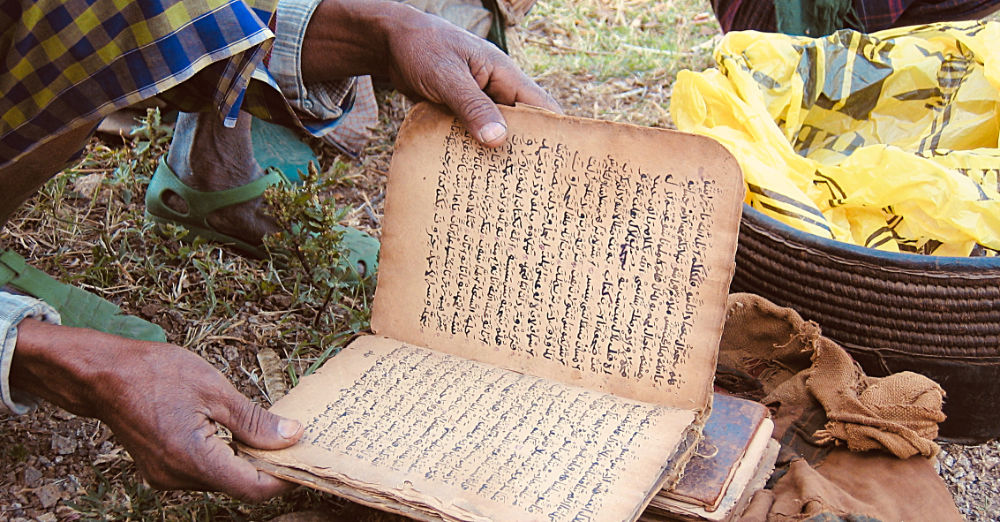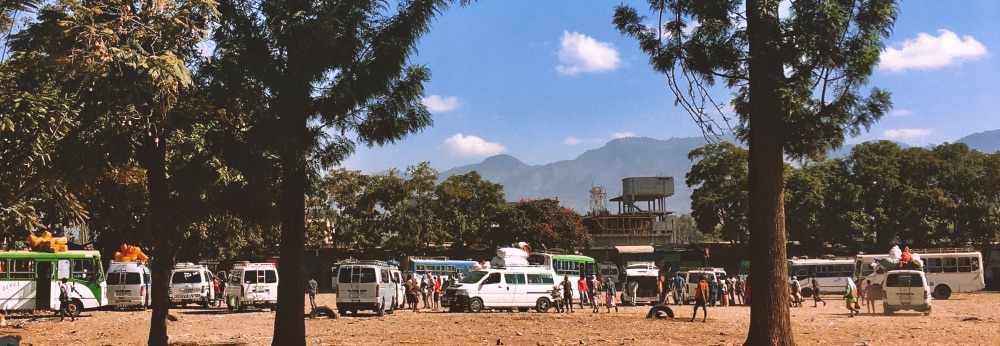Abstract of the Online-Presentation on 18 May 2022, 18:00
Since late 18th century Wollo has become a hot spot of Islamic scholarship in Ethiopia marked by a network of lslamic learning centers and highly respected scholars. The centers in Wollo became the main destination for Muslims from central and southern Ethiopia to conduct higher Islamic learning since the 19th century.
Although the crucial role of local Muslim scholars played in the “development of Islam and an indigenous Muslim culture“ particularly during the 19th and early 20th century has been stressed in historical research (cf. Ahmed 2001, etc.) the actual products of their activities, i.e. their literary works and their intellectual contributions to the development of local Islamic thought have largely remained unstudied until this day.
In the presentation I try to give a a concise overview of historical dimension and background of Islamic scholarship in Wollo, based on available literature and my own research and, thus giving an outline of the context in which Islamic literature in Wollo was produced and used.

The Islamic literature of Wollo consists of works in Arabic as well as in local languages. While my focus lies on Islamic literature written in Amharic and Argobba, I had the opportunity to conduct some digitization work on Islamic manuscripts in Arabic as well (for the project IslHornAfr). Based on this work I will present a preliminary overview of the type of manuscripts and the genres represented in the digitized corpus and outline the chronological development of the literature from copying classical Arabic works in the earlier periods to the creation of locally authored works.
Coming to the focus of my own research I will briefly describe the development of Islamic literature in local languages, describe some features of this literature and its linguistic relevance as well as the repercussions of linguistic analysis for the understanding of the local society.
References:
Ahmed, Hussein. 2001. Islam in nineteenth-century Wallo, Ethiopia. Revival, reform and reaction. Leiden: Brill.
IslHornAfr: Islam in the Horn of Africa, A Comparative Literary Approacho. ERC project based in Copenhagen.
Registration by email.
